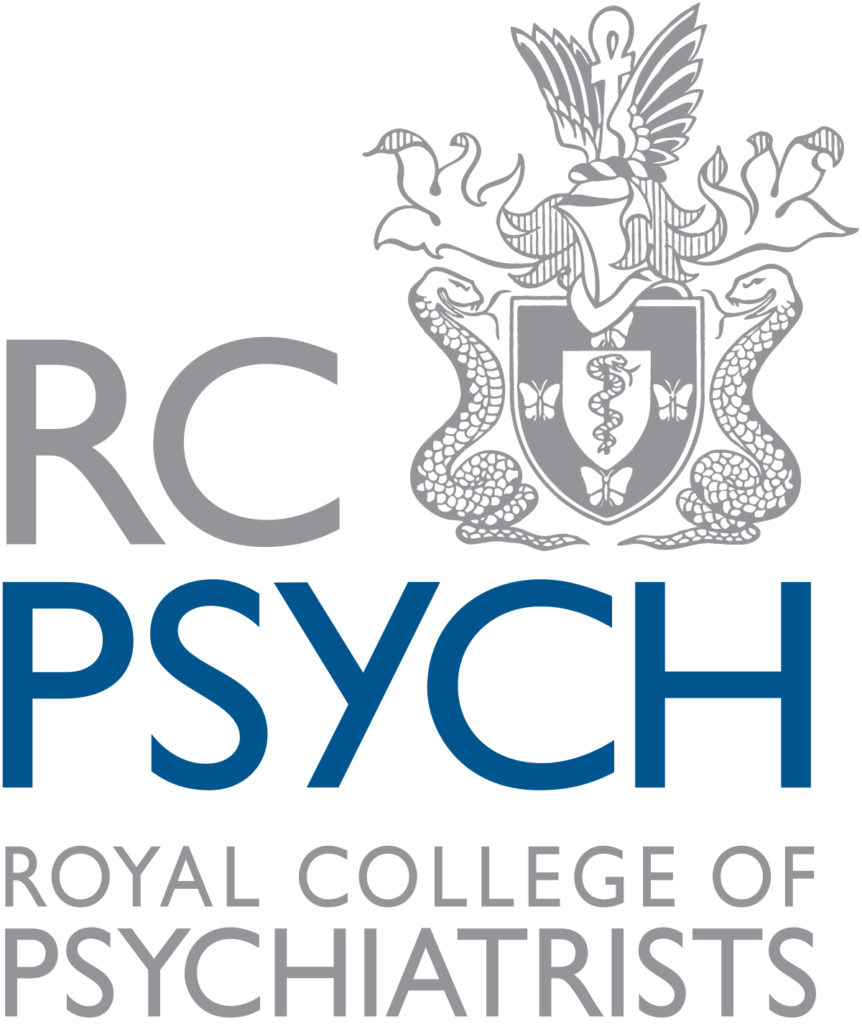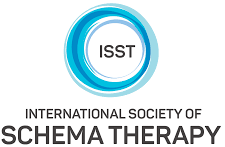
Intro
C-PTSD, or Complex Post-Traumatic Stress Disorder, is a mental health condition that can greatly impact an individual’s life. It is caused by exposure to repeated traumatic events and can have long-lasting effects on a person’s mental and emotional well-being. If you know someone who is struggling with C-PTSD, it can be challenging to know how to support them. In this blog post, we will discuss five simple ways to help someone with C-PTSD, so you can be a source of comfort and understanding for your loved one.
1) Understanding C-PTSD: Causes and Symptoms
C-PTSD, or Complex Post-Traumatic Stress Disorder, is a mental health condition that can be quite challenging to understand. To provide the necessary support for someone with C-PTSD, it is essential to have a basic understanding of the causes and symptoms associated with this condition.
The causes of C-PTSD are often linked to repeated exposure to traumatic events, such as ongoing physical, emotional, or sexual abuse, neglect, or violence. These experiences can occur in childhood or adulthood, and they can have a profound impact on a person’s mental and emotional well-being.
The symptoms of C-PTSD can vary from person to person but generally include a range of physical, emotional, and cognitive manifestations. Physical symptoms may include chronic pain, headaches, or gastrointestinal issues. Emotional symptoms may include depression, anxiety, or intense feelings of guilt or shame. Cognitive symptoms can manifest as difficulty concentrating, memory problems, or intrusive thoughts related to the traumatic events.
It is important to note that every individual’s experience with C-PTSD is unique, and not everyone will exhibit the same symptoms. If you suspect someone you know may be struggling with C-PTSD, it is best to approach the topic with empathy and compassion.
Consider reaching out to a mental health professional, such as Dr. Steven Joseph at English Doctor Barcelona, who specializes in trauma-related disorders and can provide a comprehensive evaluation and diagnosis.
By gaining a better understanding of the causes and symptoms of C-PTSD, you can better support and empathize with your loved one who is facing this challenging condition.
2) Establishing a Supportive Environment for Someone with C-PTSD
Creating a supportive environment is crucial when helping someone with C-PTSD navigate their healing journey. Here are some tips on how to establish such an environment:
- Educate Yourself: Take the time to educate yourself about C-PTSD and its effects. The more you understand, the better equipped you will be to offer support.
- Be Patient and Understanding: Healing from C-PTSD takes time. It’s important to be patient and understanding with your loved one. Avoid pressuring them or setting unrealistic expectations. Allow them to open up at their own pace, and listen attentively without judgment.
- Create a Safe Space: Establish a safe and comfortable space for open communication. Make sure your loved one knows they can trust you and confide in you without fear of judgment or retribution. Encourage them to express their emotions and experiences without interruption.
- Respect Boundaries: People with C-PTSD may have specific triggers or boundaries that are necessary for their well-being. Respect these boundaries and avoid pushing them beyond what they can handle. By doing so, you create an environment that fosters trust and safety.
- Offer Practical Support: Practical support can go a long way in establishing a supportive environment. This can include helping with daily tasks, providing transport to therapy appointments, or assisting with finding mental health resources. Your presence and willingness to help can make a significant difference in their healing journey.
Remember, supporting someone with C-PTSD requires patience, empathy, and understanding. By creating a supportive environment, you can provide your loved one with the space they need to heal and thrive.
3) Effective Communication Strategies for Dealing with C-PTSD
When it comes to supporting someone with C-PTSD, effective communication is key. It’s important to approach conversations with empathy, understanding, and sensitivity. Here are some strategies to help you communicate effectively with your loved one who is dealing with C-PTSD:
- Active Listening: Take the time to actively listen to your loved one without interruption or judgment. Let them express their thoughts and feelings at their own pace, and validate their experiences. This can help them feel heard and understood.
- Use Non-Judgemental Language: Be mindful of the words you use and the tone you adopt when speaking to someone with C-PTSD. Avoid blame or criticism, as it can further traumatize them. Instead, use gentle and non-judgemental language to create a safe space for open dialogue.
- Respect Their Triggers: People with C-PTSD may have triggers that can evoke distressing emotions or memories. Respect their triggers by avoiding certain topics or situations that may cause them harm. This shows that you are considerate of their well-being and can help prevent re-traumatisation.
- Be Patient and Understanding: Remember that healing from C-PTSD takes time. Be patient and understanding when communicating with your loved one. Avoid rushing or pressuring them to share more than they are comfortable with. Give them the space to process their emotions at their own pace.
- Encourage Self-Expression: Encourage your loved one to express their feelings, thoughts, and experiences in a way that feels safe and comfortable to them. This can include writing in a journal, creating art, or engaging in therapy. By validating their self-expression, you are supporting their healing process.
By using these effective communication strategies, you can foster a sense of trust and understanding in your relationship with someone with C-PTSD. Remember, professional help from experts like Dr. Steven Joseph at English Doctor Barcelona can provide additional guidance on effective communication strategies for dealing with C-PTSD.
4) Providing Emotional Support and Encouragement
Supporting someone with C-PTSD requires not only understanding and patience but also providing emotional support and encouragement. It is important to create a safe space where your loved one feels comfortable expressing their emotions and experiences. Here are some ways to provide emotional support and encouragement to someone with C-PTSD:
- Validate their Feelings: Let your loved one know that their feelings are valid and that you believe them. Offer reassurance and understanding, even if you may not fully understand their experiences. This validation can help them feel heard and validated.
- Be Empathetic: Show empathy by putting yourself in their shoes and imagining what they may be going through. Avoid dismissing their emotions or telling them to “get over it.” Instead, offer compassion and understanding for their struggles.
- Offer Encouragement: Remind your loved one that healing is possible and that you believe in their ability to overcome their trauma. Encourage them to seek professional help, such as the expertise of Dr. Steven Joseph, a specialist in trauma-related disorders at English Doctor Barcelona, who can provide effective treatment and support.
- Be a Supportive Listener: Sometimes, all your loved one needs is a listening ear. Be there for them without judgment or interruption. Encourage them to talk about their feelings and experiences and assure them that you are there to support them through their healing journey.
- Celebrate Small Victories: Recognise and celebrate their progress, no matter how small it may seem. Acknowledge their efforts and accomplishments, as this can boost their confidence and motivation.
Remember, providing emotional support and encouragement requires consistent effort and understanding. By being there for your loved one, you can help them feel supported and motivated as they navigate their journey towards healing and recovery.
5) The Role of Professional Help and Treatment in Managing C-PTSD
Seeking professional help and treatment is crucial in effectively managing C-PTSD. Whilst offering support as a friend or loved one is essential, the expertise of a mental health professional like Dr. Steven Joseph, a specialist in trauma-related disorders at the English Doctor Barcelona, is invaluable in providing comprehensive care.
Dr. Steven Joseph can offer a thorough evaluation and diagnosis of C-PTSD, ensuring that the individual receives the appropriate treatment plan tailored to their unique needs. This may include various therapeutic approaches, such as cognitive-behavioral therapy (CBT), Schema Therapy, Eye Movement Desensitisation and Reprocessing (EMDR), and/or medication management if necessary.
Professional help can provide a safe space for individuals with C-PTSD to explore and process their trauma in a supportive and structured environment. Therapists like Dr. Steven Joseph can help individuals develop coping mechanisms, manage symptoms, and work toward healing and recovery.
In addition to therapy, professional help can also offer resources and guidance on self-care practices, stress management techniques, and support networks. By engaging with a mental health professional, individuals with C-PTSD can access the tools and support they need to navigate their healing journey.
Remember, whilst providing support as a loved one is essential, it is equally important to encourage individuals with C-PTSD to seek professional help for a comprehensive and effective treatment plan. Dr. Steven Joseph and mental health professionals like him can play a vital role in helping individuals with C-PTSD manage their symptoms and work towards healing and improved well-being.
To book an on-site or virtual appointment with Dr Steven Joseph, drop an email to the clinic:
info@englishdoctorbarcelona.com
Tel/Whatsapp: +34 699 55 6326
Or book through this website.













